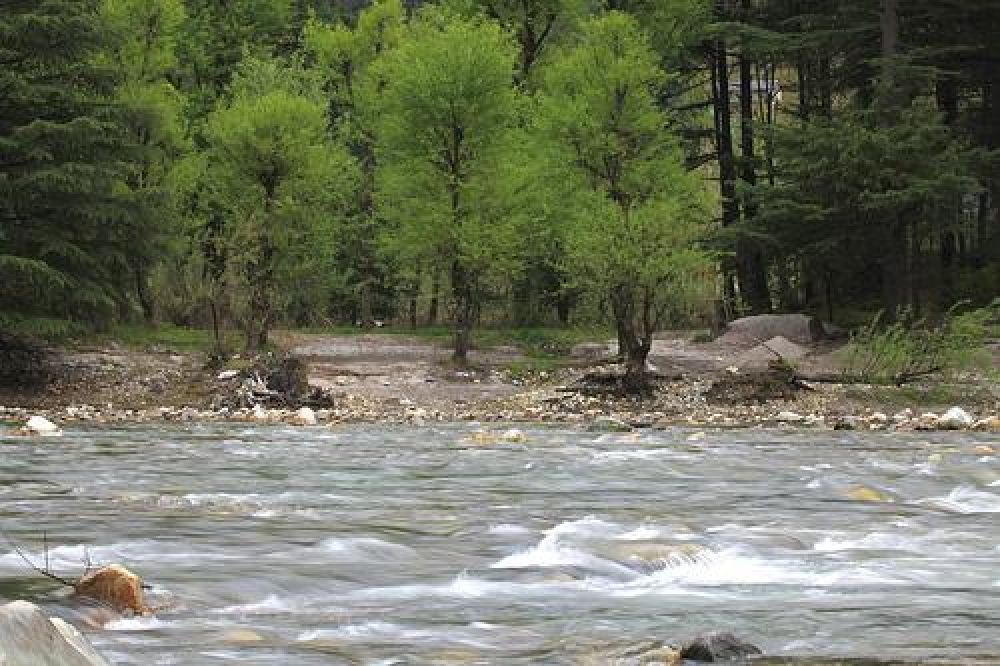

Parvati Valley, nestled in the serene Kullu district of Himachal Pradesh, India, has been an enticing destination for travelers for several decades. Known for its breathtaking landscapes, vibrant culture, and spiritual significance, the valley has drawn tourists from all corners of the globe.
The history of tourism in Parvati Valley can be traced back to the hippie trail of the 1960s and 1970s. Attracted by the region's natural beauty and the tranquil environment, many Western travelers began flocking to the valley. It quickly became a haven for backpackers seeking enlightenment and a retreat from the materialistic world.
Over the years, the valley gained popularity for its cannabis culture, which, while controversial, contributed significantly to its allure among international tourists. However, the heart of Parvati Valley's appeal has always been its rich spirituality and the numerous temples and shrines dotting the landscape.
In recent times, the tourism in Parvati Valley has witnessed a transformation. While the hippie culture still has a faint presence, the region has seen a surge in adventure tourism. Activities such as trekking, river rafting, and camping have become immensely popular among domestic and international tourists alike.
One of the most famous treks in the region, the Kheerganga Trek, offers a unique blend of natural splendor and mythological tales, attracting a diverse group of adventurers. Moreover, the valley's hot springs, such as those in Manikaran, are reputed for their healing properties and continue to draw health and wellness enthusiasts.
The recent trend in Parvati Valley tourism has also seen an increase in ecotourism. Visitors are more conscious about preserving the natural environment and the local culture. Homestays and eco-friendly hotels have become more prevalent, providing tourists with a chance to experience the local way of life while minimizing their carbon footprint.
While the valley is known for its summer appeal, winter tourism is also on the rise. The nearby ski destination, Gulaba, has become a major attraction for snow sports lovers. Additionally, the government's efforts in promoting off-season tourism are leading to a more balanced distribution of tourist footfall throughout the year.
The evolution of tourism in Parvati Valley reflects the changing desires and consciousness of travelers. From a spiritual retreat to an adventure and ecotourism hotspot, the valley's tourism industry continues to grow and diversify. Responsible tourism practices are increasingly emphasized, ensuring that the natural beauty and cultural integrity of this Himalayan gem remain intact for future generations to treasure.